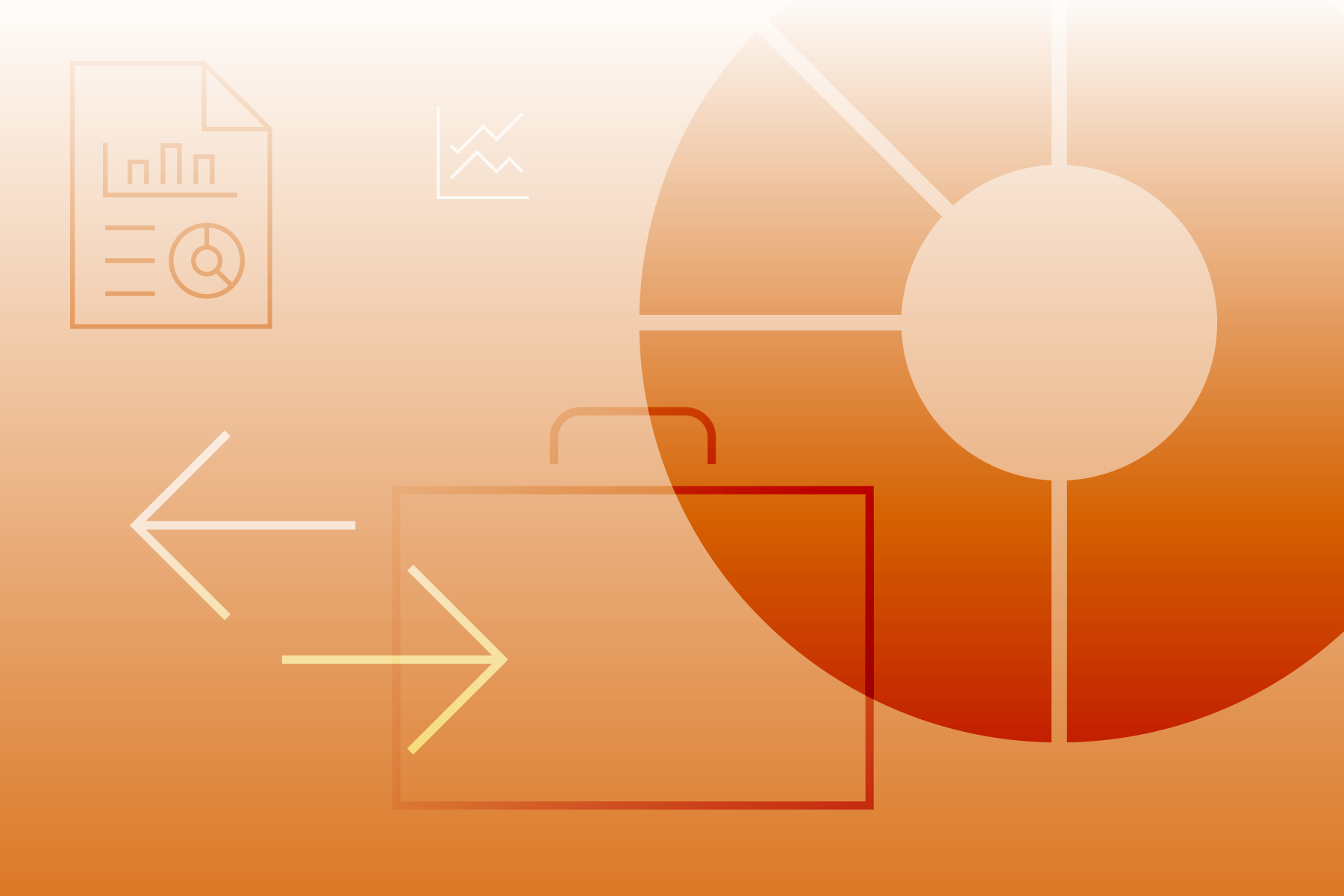Morningstar’s Guide to ETFs
Here’s what you need to know about these popular funds that trade like stocks.

For more insights and to explore top-rated ETFs, check out “Morningstar’s Guide to ETF Investing.”
The first exchange-traded fund, SPDR S&P 500 SPY, made its debut in 1993. Today, more than $4 trillion in assets rests in these vehicles.
Their popularity is understandable. ETFs are easy to buy and sell—and given the fee wars in the industry, they’ve become virtually free to buy and sell. They have a reputation for being tax-efficient (somewhat true) and low-cost (not always true). And because many of the most popular ETFs track widely followed and transparent indexes, there’s no mystery behind their performance: It’s usually the performance of the index minus fees. Lastly, there no key-person risk for passively managed ETFs: If the manager leaves, another can step in without much ado.
That being said, the ETF landscape has expanded dramatically--and so, too, has its complexity. Some ETFs track very narrow parts of the market or pursue specific themes. Others no longer weight their holdings by market capitalization; instead, they might weight using another factor, such as momentum or quality. Still other strategies blend a combination of factors, thereby seeming more active than traditional passive ETF strategies. And a growing number of ETFs practice active strategies.
Moreover, while most ETFs are reasonably priced, some aren’t. And some ETFs are more tax-efficient than others.
This guide tackles the issues that matter most to ETF investors. We cover the basics--including what an ETF is, how ETFs and mutual funds differ, and how to evaluate them. We also share our highest-rated ETFs across a variety of categories.
Nuts and Bolts
What Is An ETF? We explain what ETFs are, how to use them, and how to find the best ones.
The Most Over- and Undersold Benefits of ETFs ETFs have huge benefits for investors; they just might not be the ones you think. Why Index Funds and ETFs Are Good for Retirees Low costs and tax efficiency are obvious pluses, but so are ease of oversight and cash flow extraction. 5 Tips for Trading ETFs It's important for investors to understand and respect what the "ET" in ETF stands for. ETF or Traditional Index Fund: Which Is More Tax-Efficient? Ben Johnson examines tax cost and tax efficiency by fund type.
Highly Rated ETFs
The Best Equity ETFs These stock-focused exchange-traded funds all earn Gold ratings.
The Best Bond ETFs These fixed-income-focused exchange-traded funds all earn Gold ratings.
How to Choose a Great Dividend Income ETF Use caution when chasing yield.
2 Vanguard Dividend ETFs Under the Microscope We take a holdings-level look at these gold-rated funds.
Passive ETFs
Why and How to Index in U.S. Large Caps Broad diversification and low fees make indexing a good bet in this competitive arena.
Why and How to Index in U.S. Small Caps Broad diversification and low fees make indexing a good bet in this arena.
How Objective Is Your Index Fund? Benchmark construction is not as mechanical as you might think.
Active ETFs
The Benefits and Drawbacks of Active ETFs Active ETFs are not an oxymoron.
The Advantages and Disadvantages of Active Stock ETFs The differences between active open-end funds and ETFs may look trivial at first blush but can carry important consequences. Examining Active Bond ETFs' Potential Considerations to make when assessing actively managed bond ETFs relative to their mutual fund share class compatriots.
Thematic ETFs
Are Thematic Funds Worthy of the Hype or a Risky Distraction? Here are four key takeaways from our latest look at thematic funds.
How to Use Thematic Funds Thematic funds from ARK Invest and others have generated a lot of interest.
Strategic-Beta ETFs
How to Select Strategic-Beta Exchange-Traded Products How we separate the what from the chaff in this field.
Christine Benz's ETF Portfolios
An Aggressive Retirement Saver Portfolio for ETF Investors A Moderate Retirement Saver Portfolio for ETF Investors A Conservative Retirement Saver Portfolio ESG ETF Portfolios for Retirement Savers
An Aggressive ETF Bucket Portfolio for Retirement A Moderate ETF Bucket Portfolio for Retirement A Conservative ETF Bucket Portfolio for Retirement ESG ETF Bucket Portfolios for Retirees
The author or authors do not own shares in any securities mentioned in this article. Find out about Morningstar’s editorial policies.

/s3.amazonaws.com/arc-authors/morningstar/35408bfa-dc38-4ae5-81e8-b11e52d70005.jpg)
/d10o6nnig0wrdw.cloudfront.net/04-18-2024/t_34ccafe52c7c46979f1073e515ef92d4_name_file_960x540_1600_v4_.jpg)
/d10o6nnig0wrdw.cloudfront.net/04-09-2024/t_e87d9a06e6904d6f97765a0784117913_name_file_960x540_1600_v4_.jpg)
/cloudfront-us-east-1.images.arcpublishing.com/morningstar/T2LGZCEHBZBJJPPKHO7Y4EEKSM.png)
:quality(80)/s3.amazonaws.com/arc-authors/morningstar/35408bfa-dc38-4ae5-81e8-b11e52d70005.jpg)